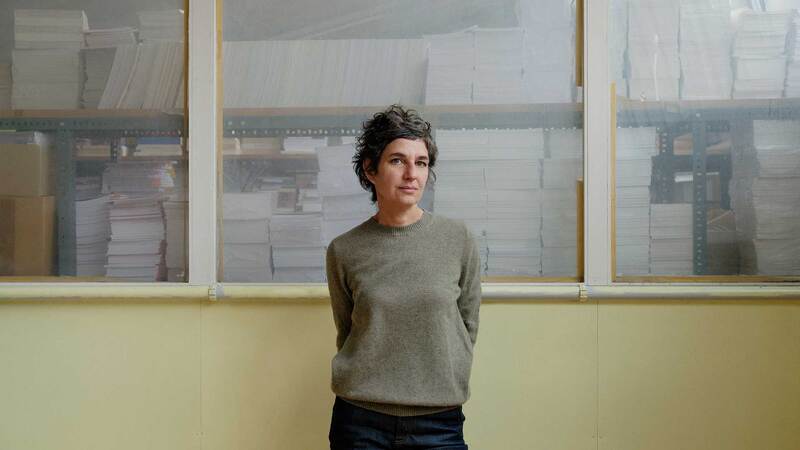You are viewing your 1 free article this month. Login to read more articles.
Nigerian poet Shoneyin accuses UK publishers of hanging on to African rights
British publishers must not hang on to rights they cannot exploit, Nigerian poet and novelist Lola Shoneyin told delegates at a session on decolonisation at a publishers' conference at The Sharjah International Book Fair.
Shoneyin likened the situation to that of the Benin Bronzes, artworks taken from the Kingdom of Benin in present-day Nigeria in 1987, many of which ended up in the British Museum.
Shoneyin said: “I’m a publisher in Nigeria. When an African book comes out in the west, it is one of the most difficult things to buy rights for an African edition. UK publishers are the most guilty ones.
“Western publishers feel it is ethical to withhold the rights from African publishers. The power dynamics need looking at. They will have to give up these rights eventually. We don’t want it to be like the Benin Bronzes when we have to come and get them.”
Zimbabwean author Petina Gappah noted that in the west, decolonisation has come to mean “a box-ticking exercise” about diversity.
Gappah said the prevailing attitude was “we have published three Black writers – we’ve decolonised publishing in London, hurrah.” He explained: “But decolonisation asks us to think about structural inequality, about language, about why the biggest African festivals are held in Europe. I had to decolonise myself and find my own language again.”
The author also touched on the sensitive subject of “toppling statues”, saying: “You cannot re-write history – there are certain words in Huckleberry Finn which are distasteful, but you cannot rewrite it. My passion is how we teach history.”
This year's winner of the Nobel Prize in Literature, Tanzanian-born Abdulrazak Gurnah, was among those listening. The Kenyan novelist Yvonne Adhiambo Owuor acknowledged him from the stage, saying: “Thank you for decolonising the Nobel.”


















